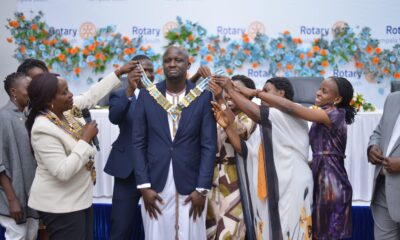Officials involved in the construction of a university in memory of former president Idi Amin have rejected the proposed site in Garuga on Entebbe Road. The 150-acre land, owned by a Kenyan company, is designated for modern residential apartments.
Background of the Project
The idea for Idi Amin University dates back to the 1970s when Amin met with the King of Brunei, who agreed to fund the university. The aim was to promote research and Islamic teachings in Uganda. However, the project was stalled after Amin was overthrown in 1979.
Current Developments
Brunei plans to invest $500 million in the university. Ms. Madina Amin, one of Amin’s wives, confirmed that officials are in talks with representatives from Kenya and Brunei to find an alternative location. The Ministry of Education has raised concerns about the project, suggesting it may not be well-received given Amin’s controversial legacy.
Importance of the University
The university is intended to advance education and research, aligning with Amin’s efforts in the 1970s to unify Uganda’s Muslim community and promote Islamic education. His successful bid to include Uganda in the Organisation of Islamic Conference (OIC) highlighted his influence in the Muslim world.
Challenges and Future Plans
The rejection of the Garuga site underscores the challenges in finding suitable land for large-scale projects in Uganda. Officials continue to search for an appropriate location that meets zoning requirements and community acceptance.
In conclusion , the pursuit of Idi Amin University symbolizes a significant investment in Uganda’s educational landscape, though it faces hurdles due to zoning issues and historical sensitivities. The collaboration between Ugandan, Kenyan, and Bruneian stakeholders reflects a complex yet determined effort to honor Amin’s legacy through education.


























